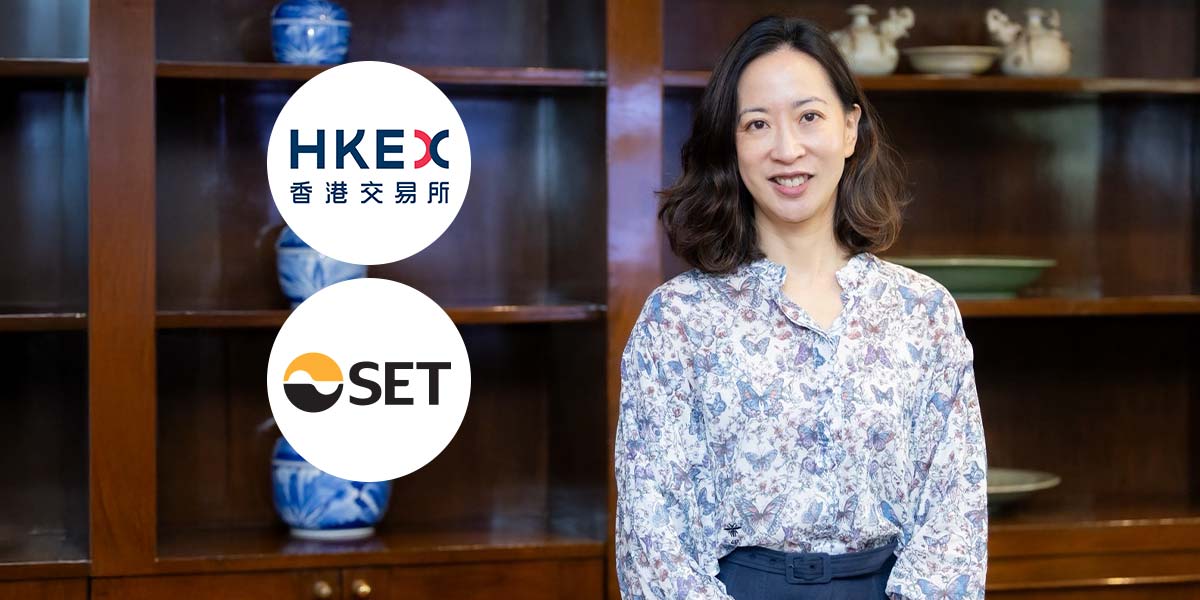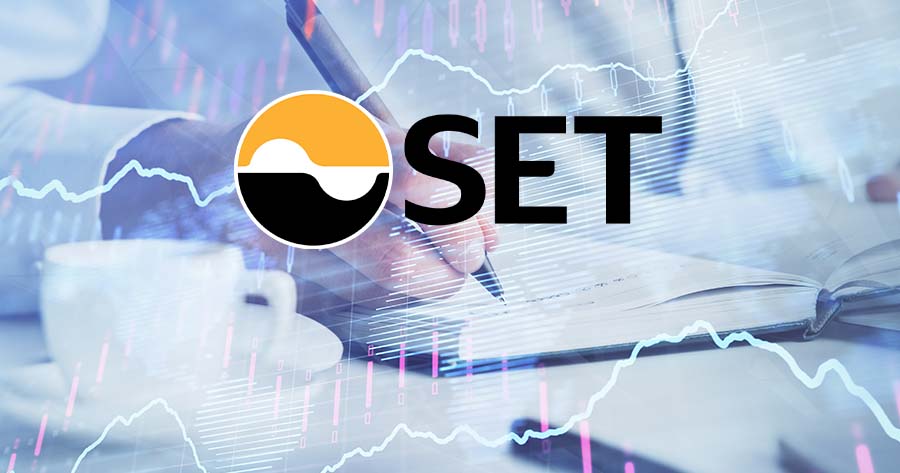The Stock Exchange of Thailand (SET) is one of the leading exchanges in Southeast Asia, hosting over 800 listed companies across its two primary boards: the SET Index and mai. The exchange offers a regulated and transparent environment for both domestic and international investors, facilitating participation in the Thai equity market. It serves as a platform for businesses to raise capital and for individuals to generate wealth.
However, in 2025, the Thai stock exchange has faced significant challenges, lagging behind global markets and its regional peers. This underperformance is largely attributed to heightened sensitivity to global uncertainties, an economic slowdown, and ongoing political issues.
Market conditions have become so unfavorable that, so far this year, only four companies have conducted IPOs—and none have listed on the main board. With subdued market activity, companies are finding it difficult to raise their value, while foreign investors—who previously comprised a substantial portion of daily trading volume—are seeking better returns in other markets.
Amid these headwinds, Thai listed companies now have access to a new avenue to tap into a much larger capital pool. The Hong Kong Exchange (HKEX) has recently designated the Stock Exchange of Thailand as a Recognised Stock Exchange. This recognition enables companies primarily listed on SET to apply for a secondary listing in Hong Kong under less stringent regulatory requirements compared to those for a primary HKEX listing.
As a regional financial hub, Hong Kong is attractive to international investors and companies due to its strong financial reputation, strategic location as a gateway to China, and a free-market environment. The city’s robust infrastructure, efficient financial market, and commitment to the rule of law further enhance its appeal.
In an interview with Kaohoon International, Ms. Katherine Ng, Head of Listing at HKEX, emphasized that the exchange does not recognise all global exchanges, but focuses on those with significant potential—Thailand being among the 20 exchanges currently on its list.
Hong Kong is described as probably the largest, most liquid, and most vibrant international capital market in Asia. Companies seeking an overseas listing venue desire vibrancy, high transaction volume, liquidity, and optimal valuation, all of which Hong Kong is said to provide due to its depth and vibrancy.
The Head of Listing notes that Thailand is strategically important for HKEX because it is considered a mature market within Southeast Asia, and many Thai companies are seeking overseas growth. Hong Kong can serve as a perfect springboard to tap into global capital.
A notable trade-off for secondary listings, however, is that companies lose direct access to Chinese investors through the Hong Kong-China Stock Connect scheme. This scheme operates as a closed-loop system between exchanges in Shanghai, Shenzhen, and Hong Kong, giving international investors access to Chinese stocks and allowing mainland traders to invest in companies with primary listings on HKEX. However, secondary listings are not eligible for this scheme.
Despite this limitation, Ms. Ng does not regard the lack of Stock Connect access as a missed opportunity for secondary-listed companies. She recommends that starting with a secondary listing is presented as a logical first step because it is the most convenient pathway towards potential dual listing status. It is faster, offers concessions on regulatory requirements, allows companies to gain experience and familiarity with Hong Kong investors, and broadens horizons quickly. Companies can potentially move to a primary listing later when they are ready. Alibaba is cited as an example of a company that initially listed secondarily before moving to primary.
The depth and liquidity of the Hong Kong market are attractive for companies after listing. The high daily turnover (average about 31 billion US dollars in the last three months) indicates a large and active pool for investment. This compared to an average of 30-40 billion baht in the Thai stock market (1 USD = 33.22 THB).
Hong Kong has a good history and investor receptivity towards consumer brands, not just from international investors but also local Hong Kong investors who understand and buy into these brands. Meanwhile, the recent surge in the Hong Kong stock market, with the Hang Seng Index increasing 17% year-to-date at the time of the interview, is seen as helping attract investors and companies. Positive market performance creates tailwinds for issuers to raise capital.
Ms. Ng said that the HKEX is very open to different industries due to its broad understanding of them, offering opportunities for Thai companies across various sectors.
Additionally, she added that the Trump tariffs some-what beneficial to the Hang Seng Index. Uncertainty is disliked by investors, but deals and investments continue, with volatility sometimes being beneficial. It was suggested that in this backdrop of uncertainty, people are still choosing to go to Hong Kong and participate in the market.
With the Head of Listing from the Hong Kong Exchange personally highlighted the strategic importance of the SET’s recognition for HKEX’s regional strategy, clarified the pathways and benefits of listing in Hong Kong, Thai companies could gain access to a larger pool of capital through this partnership.





